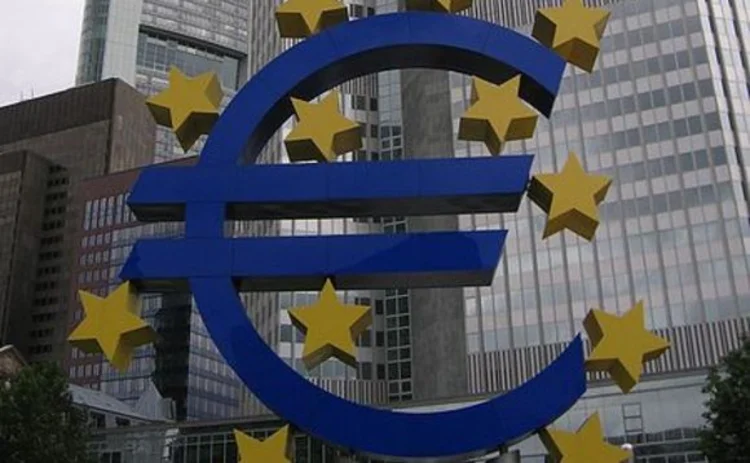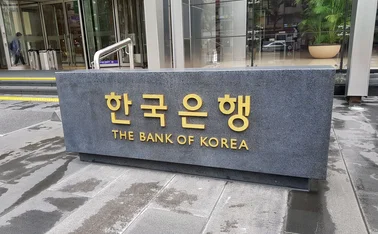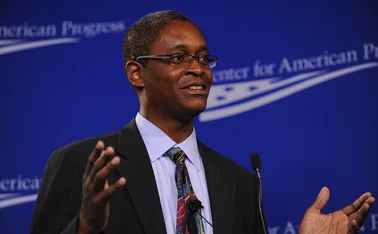
ECB breaks norm with rate hike

The European Central Bank (ECB) is the first G-4 central bank to begin its exit from its accommodative monetary policy stance after its governing council on Thursday unanimously agreed to raise its benchmark interest rate by 25 basis points to 1.25%.
The decision to hike rates was widely expected by markets and ends a run of almost two years of its main refinancing rate, which was 1%.
At a conference in Frankfurt, Jean-Claude Trichet, the president of the ECB, dismissed reporters' fears the rate
Only users who have a paid subscription or are part of a corporate subscription are able to print or copy content.
To access these options, along with all other subscription benefits, please contact info@centralbanking.com or view our subscription options here: http://subscriptions.centralbanking.com/subscribe
You are currently unable to print this content. Please contact info@centralbanking.com to find out more.
You are currently unable to copy this content. Please contact info@centralbanking.com to find out more.
Copyright Infopro Digital Limited. All rights reserved.
As outlined in our terms and conditions, https://www.infopro-digital.com/terms-and-conditions/subscriptions/ (point 2.4), printing is limited to a single copy.
If you would like to purchase additional rights please email info@centralbanking.com
Copyright Infopro Digital Limited. All rights reserved.
You may share this content using our article tools. As outlined in our terms and conditions, https://www.infopro-digital.com/terms-and-conditions/subscriptions/ (clause 2.4), an Authorised User may only make one copy of the materials for their own personal use. You must also comply with the restrictions in clause 2.5.
If you would like to purchase additional rights please email info@centralbanking.com







